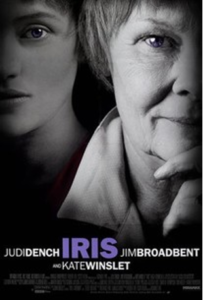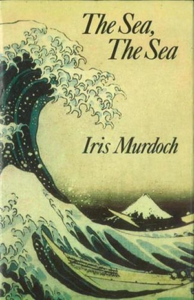Remembering KH
Tough day yesterday. I want to the funeral of a friend, a young man with a wife and four children.

I met him 20 years ago on the mats. We were doing light contact fighting. He landed a light jab squarely on my forehead. I went right to the floor. I was fine, but he was worried. “I’m fine,” I told him. “What the hell did you hit me with? It felt like a sledge hammer.”
KH was in his early 20s at the time. He was a big, barrel-chested kid, with traps that stood like mountains on his back and arms as thick as timber. He was also an excellent grappler. I remember thinking about how helpless I would be in a real fight with him.
KH was one of several members of my jiu jitsu team that I recruited into my business. During the first year of their apprenticeship, I would meet them during lunch hour in an attempt to educate them on certain things that were lacking in their education. We would play educational games – using flash cards I made about American presidents, modern artists, and philosophers. But our favorite game was a store-bought one called Le Nez du Vin – a box of 40 little bottles that contained different aromas inherent in wine tasting. I smile when I think of it. Imagine four 200+ pound men sniffing little bottles and saying such things as, “It’s definitely a floral… not lavender… maybe hibiscus or acacia?”
KH had perhaps the best nose of the group. And so he was seldom the recipient of the hazing that went on afterwards. (To keep the game athletic, the rule was that the loser each day had to lean over the pool table outside my office and receive a kick in the ass from the other players.
KH married a beautiful woman that worked for that very business, had four children with her, and enjoyed a very successful career. Earlier this year, he visited me and told me he was in the market for a new job. I was happy to recommend him to a half-dozen colleagues, all of whom were eager to employ him. He was going to start with one of them next week.
This weekend, I sent him an email, asking when exactly he was going to start his new job and how he felt about it. I didn’t get a reply, which was odd. The next day, BW (another member of that original group) texted to tell me that KH was dead.
KH had many qualities besides a strong intelligence and a good nose for wine. He was thoughtful, reliable, extremely loyal, and he was funny. His humor ran towards pranking sometimes, which I didn’t appreciate when I was the victim. As I knelt beside his coffin and looked at him, I half expected him to spring to life. (“Ha! Mark! I got you!”)
I felt awkward at the wake – and until I started writing this, I wasn’t sure why. I think it was because I could see so much of the 40-year-old me in him. He had so much more to do in his life. And here was I, at 70, at his funeral.
What can be said about a death so young? It’s not fair. Life isn’t fair. Carpe diem.
 MarkFord
MarkFord

